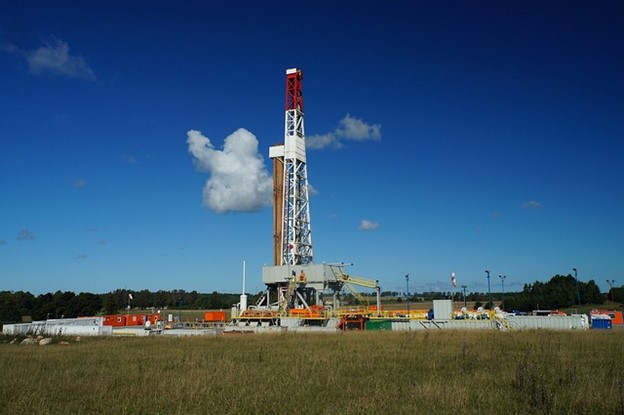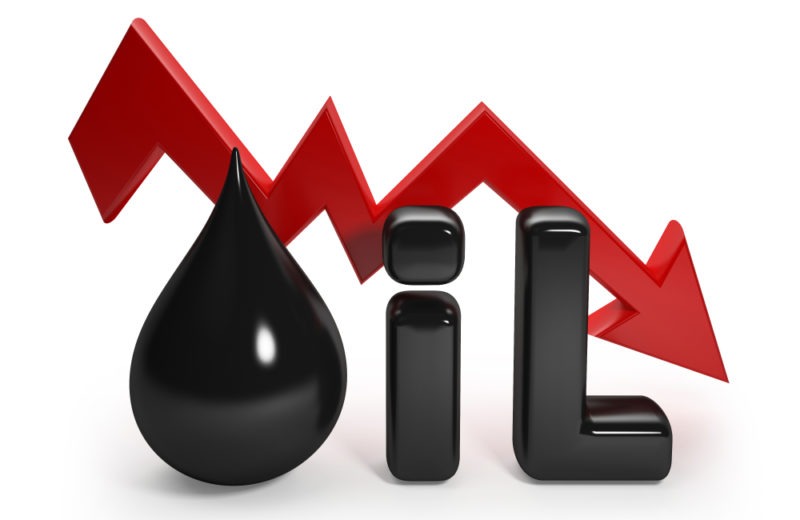Quick Look
- U.S. Henry Hub natural gas prices plummet to $1.70/MMBtu from a high of $9.50/MMBtu during the Russia/Ukraine conflict.
- Chesapeake Energy reduces production, indicating a potential shift in the oversupplied U.S. gas market.
- Warm winters and high production contribute to the current natural gas surplus.
- U.S. sanctions target companies over a $100 million Iranian commodity shipment to China, highlighting global market geopolitical tensions.
- The sanctions aim to disrupt Iran’s defence ministry’s efforts to support destabilizing activities in the Middle East and Ukraine.
Natural gas has become a contentious issue, especially due to fluctuating global events. The U.S. Henry Hub natural gas prices have seen a dramatic decline, currently trading around $1.70/MMBtu, a stark contrast to the $9.50/MMBtu peak during the height of the Russian/Ukraine war. This decrease illustrates the volatile nature of commodity markets and the significant impact of geopolitical events on pricing.
Despite the sensationalism often associated with market analysis, the physical commodity markets exhibit more rational behaviour, adept at navigating logistics and supply challenges. This adaptability has been crucial in balancing the market, especially in times of perceived shortages, as in Europe during the gas crisis.
The principle guiding commodity prices is straightforward: availability dictates market dynamics. The concept of a price floor does not apply when supply is abundant, as demonstrated by past occurrences of negative oil prices. This unpredictability makes commodities a challenging asset class to trade, with physical market balances taking precedence over technical analysis trends.
Recent actions by Chesapeake Energy to cut production signal a potential shift in the market, possibly leading to adjustments in supply to address the current oversupply. However, the market remains approximately 1-1.5 bcf/d oversupplied, indicating that further reductions may be necessary to stabilize prices.
Geopolitical Impacts on Global Commodity Markets
In a significant move, the U.S. Department of the Treasury’s Office of Foreign Assets Control (OFAC) put a sanction on two companies. These companies were sanctioned for transporting over $100 million worth of Iranian commodities to China. The sanctions against Kohana Company Limited and Iridescent Co Ltd underscore the efforts of the U.S. government. They aim to counter Iran’s support for destabilizing activities in the Middle East. Additionally, they address Iran’s involvement in Russia’s invasion of Ukraine.
This action reflects the intricate relationship between international politics and commodity markets. The U.S. aims to curb the flow of resources supporting adversarial military activities by targeting entities facilitating Iran’s defence ministry’s schemes. The sanctions are part of a broader strategy to disrupt the economic mechanisms fueling conflicts and destabilizing activities across regions.
In conclusion, the U.S. natural gas market dynamics and the implications of international sanctions on commodity shipments highlight the complex interplay between supply, demand, and geopolitical tensions. As the global community navigates these challenges, the outcomes will likely have far-reaching impacts on energy markets and international relations.
















